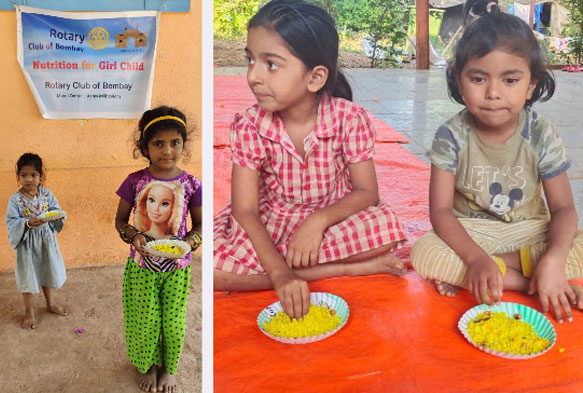
5 Essential Nutrition Interventions For Mothers
1. Improving the quantity and nutrient level of food consumed in the household
This primarily includes improving access to generalised household food ration through public distribution system. Also providing access to supplementary foods under the integrated child development services scheme. To impart knowledge to improve the local diet, production and household behaviours through nutrition and health education.
2. Preventing micronutrient deficiencies and anaemia
This is through providing iron folic acid supplementation, deworming, pre- and peri-conceptual folic acid
supplementation, universal access to iodized salt, malaria prevention and treatment in malaria-endemic areas, access to knowledge and support to stop use of tobacco products during pregnancy, maternal calcium supplementation, maternal vitamin A supplementation.
3. Increasing women’s access to basic nutrition and health services By providing early registration of pregnancy and quality of antenatal check-up, with emphasis on pregnancy weight gain monitoring, screening, and special care of at-risk mothers.
4. Improving access to water and sanitation education and facilities. By providing sanitation and hygiene education, including menstrual hygiene.
5. Empowering women to prevent pregnancies too early, too often and too close together By ensuring marriage at/after legal age of 18 through awareness and ensuring a girl completes secondary education. Also preventing maternal depletion by delaying first pregnancy and repeated pregnancies through family planning, reproductive health
information, incentives, and services. Also promoting community support system for women, skill development, economic empowerment as part of maternity entitlement. Providing community support system for women to support decision making, confidence building, skill development and economic empowerment.
The focus of nutrition programmes for Indian children has largely been postbirth, with child and feeding-centred
interventions. It is known that 50 per cent of the growth failure that gets accrued by two years of age occurs in the womb owing to poor nutrition its mother both during pregnancy and before pregnancy.
Source: UNICEF

